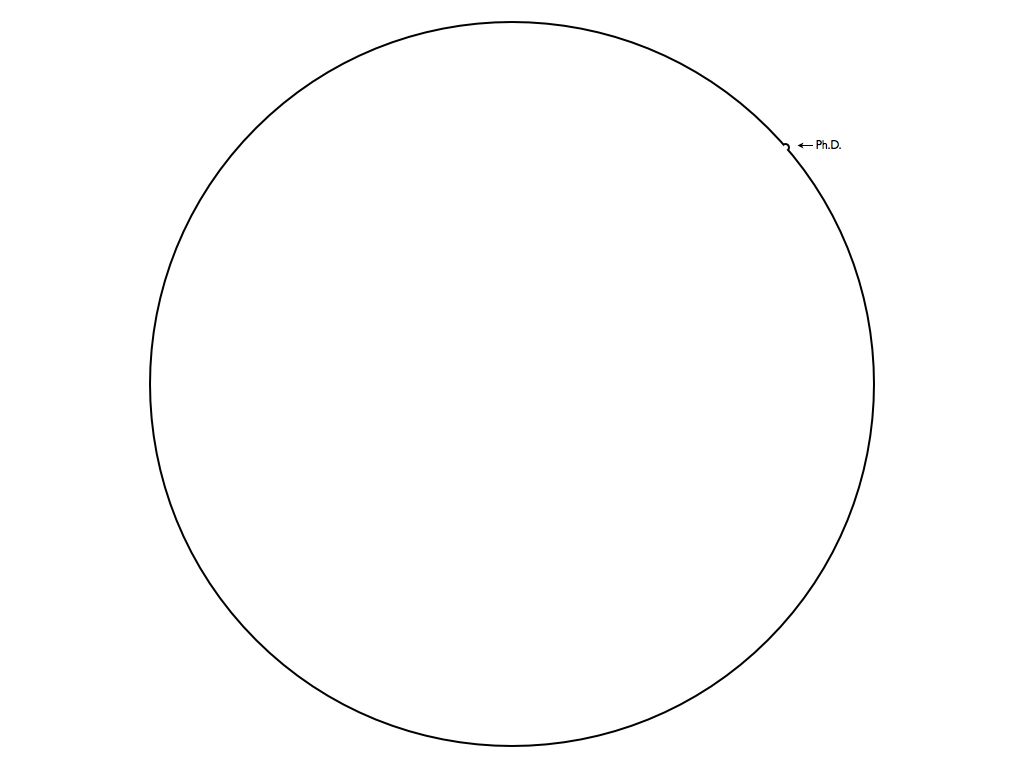OH MY GOODNESS! You're here! You're really here!
How cool is that?! ✨ 🎈 🍰
This is your jumping off point to get you up and running with your work in (or collaboration with) the Whitaker Lab.
(It's currently a work in progress...I really hope you can shape and improve this onboarding experience as you learn!)
You're a person! (So am I!) We're social creatures (to varying degrees.) The traditional first day practice of giving new lab members a pile of papers and say "go read these and understand them" is rather isolating. It's difficult to read scientific papers in a field you don't know, and possibly isn't the best use of your first few days and weeks.
In this repository we're going to work through some tutorials, blogging exercises, reproducing some figures from papers and....so much more 😉.
- Read the Whitaker Lab code of conduct. Chat with Kirstie if you have any questions about lab norms or would like to add or change anything in the code of conduct.
- Ask Kirstie to invite you to join the Alan Turing slack channel.
- Set up the weekly meetings file by following the guidelines in the Setting-up-your-weekly-meetings.md file.
The Whitaker Lab meetings are approximately weekly from 3pm to 4pm on Thursdays. Members of the Whitaker Lab are expected to join if they are able and to contribute to the agenda in advance of the meeting whether they are able to attend or not.
- Please read the lab meetings guide for more details.
- You can find the specific dates of the meetings in the Whitaker lab's google calendar.
One of the most useful ways for me (Kirstie) to follow along with your progress is to read blog post summaries of what you've been working on. It's also a great way to share our work with others!
We'll set a schedule for each blog, but please plan on working through all four within the first few months of your time at the Turing.
- Introducing
- Meet 3 people at the Turing Institute
- Blog about some code
- Contribute to an open source project
- Goal setting
The only mandatory reading for this onboarding is Matt Might's Illustrated Guide to a PhD. It's a beautiful description of the frustration and wonder of conducting reasearch. Don't forget, whenever things are hard, keep pushing.

